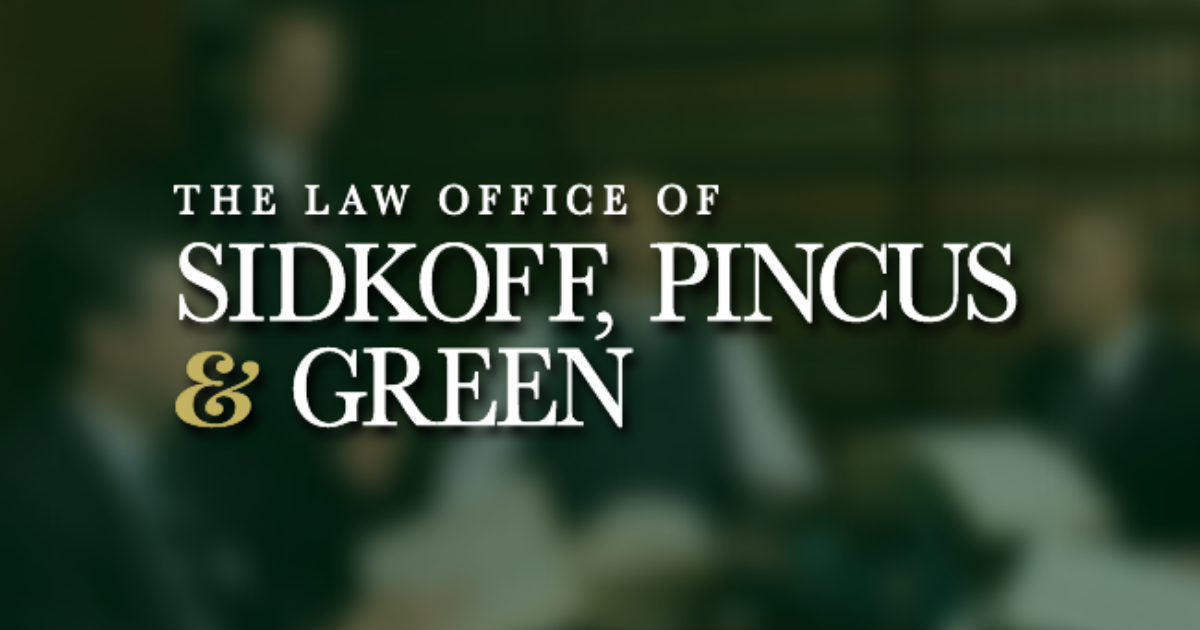Second Woman Files EEOC Complaint Against DLA Piper Partner

A former Human Resources (“HR”) manager with DLA Piper filed an anonymous complaint with the Equal Employment Opportunity Commission (“EEOC”) against one of the company’s partners. The complaint alleges that the partner intimidated her, and that it got to the point where she felt afraid when they were in the office together. Despite a history of positive performance reviews, the HR manager was fired after she complained about the partner’s inappropriate behavior. This was the second woman to file an EEOC complaint against them.
The first complaint was filed against the firm by one of its junior partners, alleging that the partner sexually assaulted her on numerous occasions. In an open letter to the firm, she requested that she be released from the mandatory arbitration agreement so that she could pursue her claims in court. While the firm has not publicly responded to the arbitration request, they did announce that the partner had been let go. However, the junior partner was also put on leave, which her lawyer saw as a smear campaign against a female victim of sexual assault.
The new claimant says she was fired from DLA Piper after she complained about the partner’s inappropriate behavior. She alleged that she and other female employees at the firm felt uncomfortable being in an office alone with the partner, particularly if the door was closed. The details of her allegations are included in a supplemental letter that was sent to the EEOC as part of the initial charge. She is requesting that the EEOC investigate her complaint in conjunction with the initial complaint that was filed by the first complainant and expand the investigation to include a proposed class. According to the letter, there is a pattern of intimidation and retaliation for speaking out against sexually inappropriate behavior by male employees against the proposed class.
Examples of Alleged Abuse
The former HR Manager said that she was ordered to fire an administrative assistant who was over the age of 40, and who had a record of positive performance reviews. Rather than fire her, she transferred the employee to a different office. The partner was allegedly furious at the manager for not following his orders and threatened her by saying that she would be dealt with. Another female employee said that the partner expected women to tolerate his behavior if he paid them extra cash.
DLA Piper released a statement saying that the latest allegations were designed to distract from an ongoing investigation involving the junior partner that was fired. They deny that the partner sexually assaulted or harassed any female employees and was only guilty of poor judgment for having a relationship with an employee.
Philadelphia Employment Lawyers at Sidkoff, Pincus & Green P.C. Protect Victims of Sexual Harassment at the Workplace
If you or a loved one was sexually harassed or assaulted at work, do not hesitate to contact the Philadelphia employment lawyers at Sidkoff, Pincus & Green P.C. We will protect your legal rights and secure the maximum financial compensation you deserve. To schedule a confidential consultation, call us today at 215-547-0600 or contact us online. Located in Philadelphia, we serve clients throughout New Jersey and Pennsylvania.





















 Graduate students often teach classes and conduct valuable research while earning an advanced degree. However, according to a proposed rule by the National Labor Relations Board (“NLRB”), graduate students are not considered employees, meaning they do not have the right to unionize. Graduate students from leading private institutions across the country have mobilized to fight for unionization to secure higher wages, better benefits, and protection for workers to help deal with sexual harassment and
Graduate students often teach classes and conduct valuable research while earning an advanced degree. However, according to a proposed rule by the National Labor Relations Board (“NLRB”), graduate students are not considered employees, meaning they do not have the right to unionize. Graduate students from leading private institutions across the country have mobilized to fight for unionization to secure higher wages, better benefits, and protection for workers to help deal with sexual harassment and